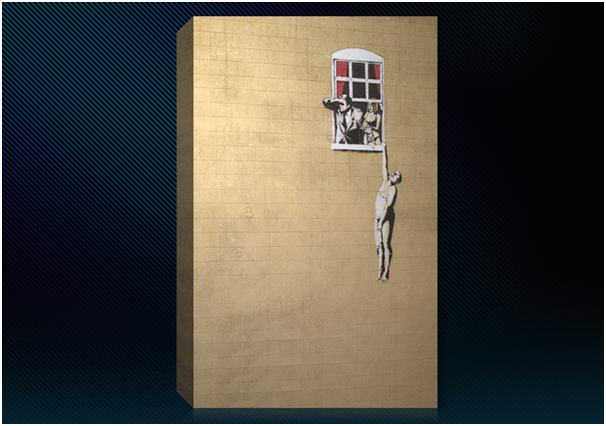A Small Window In The Iron Gate: Love, Loss, Longing
First time author Asma Husain seems to have poured everything that she has experienced in life so far into A Small Window in the Iron Gate, a delightful debut novel.
One of three daughters of well known modern Urdu poet Akhtar ul Iman, Asma begins her story with characters closely resembling her parents. These are two people perhaps best known to the author and Asma's intimate knowledge of them is shared with great sensitivity with readers.
Despite the disguise, protagonist Akbar Waziri is easily recognised as Akhtar ul Iman also from a family of religious scholars from the rustic lands lying at the foot of the Himalayas in Western Uttar Pradesh.
In A Small Window in the Iron Gate, Waziri too breaks away from the family profession in search of a more a modern life in the more secular environment of Delhi and Bombay of the 1950s. Unlike Akhtar ul Iman the poet, Waziri is a painter and like the former, the latter too receives much appreciation and success also in Bombay's film industry. Both Iman and Waziri spend their early days in Bombay living in beauteous Bandra in a place called Xavier Villa, at first as tenant and later as owner of the premises that is oozing with a crowd of colourful characters, including the Parsi family upstairs.
During his time in Delhi, Waziri meets and marries 15 year old Paresa whose family background is surely inspired by the author's majestic mother.
Waziri and Paresa come together in life even as the Indian sub continent is being divided into two countries. Events that change individual fortunes overnight and are often quite beyond the control of the majority of ordinary but well meaning people is the heartbreaking highlight of the novel.
That part of Paresa's family that leaves its happy and beautiful home in Delhi to live in Pakistan in 1947 does so in the hope of a more secure and safe life. However this is also the story of the disappointments faced by the same family in its new home across the border and what it is forced to do to get on with life.
Then there is the fantastic flashback to Waziri's time spent at the Aligarh Muslim University (AMU) where both Iman and the author have studied. Again it is her familiarity with the ambience of AMU that makes the author describe it with much insight. The locale is used imaginatively to play out Waziri's taste of first love on the campus with emotions so high that the narrative hurts.
Most thrilling about A Small Window in the Iron Gate is the parallel story of Khairi Aztar Hekim Bashi whose connection with the family of the last of the Ottoman rulers of Istanbul makes the tale go global as if to say that all human beings in whatever part of the world they may live are forever united in coping with similar agonies and ecstasies in life.
The very tender relationship of Khairi with Moneta Sen Gupta, an Indian actress of breathtaking beauty and talent is played out against the author's solid experience as a professional in the field of psychology and special education. Khair's undying love and loyalty towards the very vulnerable Moneta also takes readers to parts of Morocco where the author has lived for over half a decade.
This is indeed a riveting read for all about love, loss, longing and the amazing capacity of the human spirit to survive in this sometimes scary but most of the time wonderful wonderful world of ours.
The book is particularly exciting for those who know the author and her family. For long after the story is over, it is most interesting to try and sift fact from fiction found in the 240 page novel published by Partridge India, 2015.





